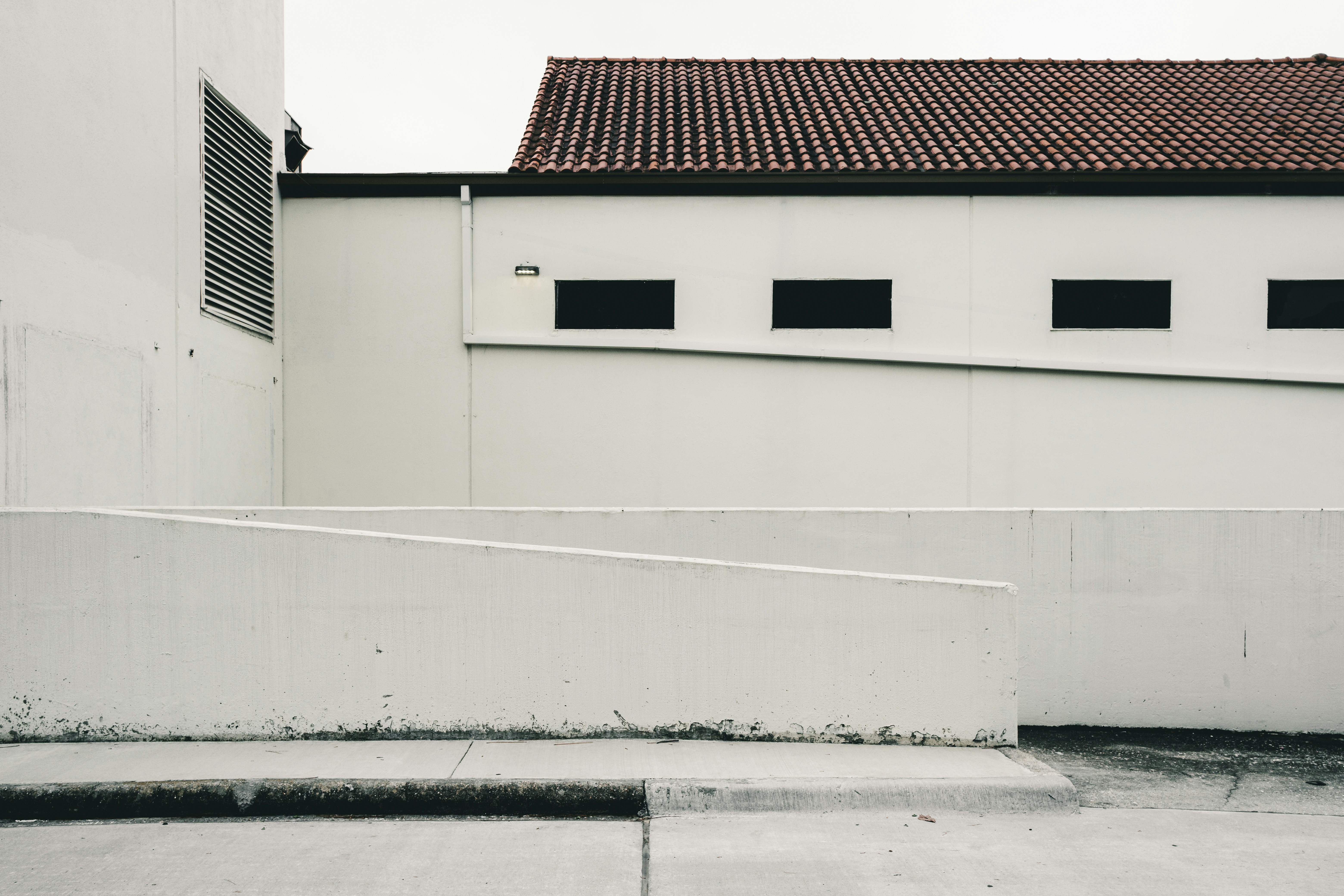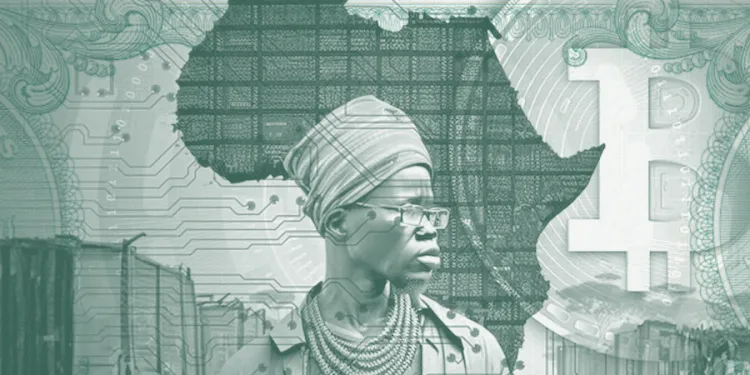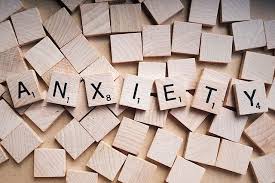How Social Media's Grip on African Youth is Fueling a Silent Anxiety Crisis

The rapid adoption of social media across Africa has been hailed as a triumph of connectivity and a catalyst for economic and social change. It has empowered young entrepreneurs, mobilized social movements, and provided unprecedented access to information and global communities.
However, beneath this positive narrative lies a growing and often unacknowledged public health issue: a silent crisis of anxiety, low self-esteem, and depression among African youth, fueled by their relentless engagement with the digital world.
For a new generation of African teenagers, social media is far more than a tool for communication. It has become a dominant force in their lives, a mirror reflecting a world of curated perfection that often leads to painful self-comparison and the persistent fear of missing out (FOMO).
The relentless pursuit of likes and comments creates a fragile sense of self-worth built on external validation rather than internal resilience. In a region with a rapidly growing and young population, understanding the mental health consequences of this digital immersion is not just important—it is an urgent public health imperative.
The Pressure to Present a Perfect Persona
Source: Google
The pressure to maintain a flawless online persona is a major contributor to this anxiety crisis.Platforms like Instagram and TikTok are built on a visual currency of "likes" and "shares," creating a feedback loop that ties a young person's self-worth to their digital validation.
Teens spend countless hours perfecting selfies, applying filters to erase perceived flaws, and staging photos to project an image of a vibrant, exciting, and beautiful life.
This constant performance is exhausting and psychologically damaging. It creates a stark contrast between a teenager's carefully constructed online self and their real-life insecurities.
The more they edit their images and curate their lives, the further they feel from their authentic selves. Studies have shown that a heavy reliance on filters and digital enhancements can lead to body dysmorphia and a profound dissatisfaction with one's physical appearance.
This is particularly salient in a context where global beauty standards, often propagated through social media, can clash with local cultural aesthetics, leading to feelings of inadequacy and a desire to conform to unrealistic ideals.
The Scourge of Cyberbullying
Source: Google
Beyond the internal pressure to be perfect, social media has also given rise to a new and pervasive form of bullying. Cyberbullying, a vicious and often anonymous form of harassment, can have a devastating impact on a teenager's mental health.
Unlike traditional bullying, which is often confined to the schoolyard, cyberbullying follows a young person everywhere into their home, their bedroom, and even their moments of quiet solitude.
The public nature of social media amplifies the humiliation, making it difficult for victims to escape the ridicule and emotional pain.
This issue is exacerbated by the fact that many young people feel powerless to report or stop the abuse. In a region where mental health is still heavily stigmatized, many teenagers suffer in silence, afraid to confide in their parents or teachers for fear of judgment or a lack of understanding.
The feeling of being constantly monitored and judged online can lead to heightened levels of anxiety and social withdrawal, making it a critical threat to the well-being of a generation.
The Fear of Missing Out (FOMO) and Disrupted Sleep
Source: Google
The fear of missing out, or FOMO, is another powerful driver of social media-induced anxiety. The endless stream of updates from friends and peers creates a sense of constant social urgency.
Teenagers feel compelled to check their phones repeatedly to see what everyone else is doing, where they are, and who they are with. This creates a cycle of comparison and exclusion, where a young person's sense of social belonging is tied to what they see on their screens.
This constant need to be "in the know" has a direct and detrimental impact on sleep. Many teenagers report feeling compelled to stay up late, scrolling through their feeds, out of a fear of missing out on a conversation, a post, or a moment.
This chronic sleep disruption is a major red flag for mental health professionals, as it is a well-known risk factor for anxiety, depression, and poor academic performance.
A lack of restorative sleep impairs emotional regulation, making young people more vulnerable to the negative feelings that social media can induce.
A Public Health Call to Action
The mental health crisis among African youth is not just a personal struggle; it is a societal challenge that requires a multi-pronged response.
• Educators and Schools: Schools can play a vital role by integrating digital literacy and media education into their curriculum.
This goes beyond teaching basic computer skills; it involves teaching students how to critically analyze the content they consume, recognize the manipulative features of social media, and understand the difference between online personas and real life.
Creating a safe space for open discussion about the pressures of social media can empower students to seek help and support one another.
• Parents and Guardians: Parents are on the front lines of this crisis. They must move beyond simply restricting screen time and instead engage in open, honest conversations with their children.
This means leading by example, setting healthy boundaries for their own digital use, and creating a family environment where a young person feels safe to discuss their anxieties without fear of judgment.
It requires understanding that the digital world is a real and often confusing part of their children's lives. Mental health professionals suggest that parents should ask their children to teach them about the platforms they use, which can help foster trust and shared understanding.
• Mental Health Professionals: African governments and health organizations must prioritize mental health services and make them more accessible and culturally relevant.
This includes training more mental health professionals, integrating mental health support into primary care services, and using social media platforms themselves for positive outreach and awareness campaigns.
By providing tools and resources that destigmatize mental illness, professionals can empower young people to seek the help they need.
The digital revolution offers immense opportunities, but it also casts a long shadow on the well-being of a generation. By acknowledging the challenges and taking collective action, Africa can ensure that its most valuable asset its youth is not just digitally connected, but also mentally resilient, healthy, and prepared to build the future.
Recommended Articles
Can Minimalism Work in a Low-Income Economy?

This piece redefines networking as a practice rooted in curiosity, generosity, and mutual respect, sharing stories from ...
Beyond Commodities: Africa's Quiet Economic Revolution

Africa is rapidly diversifying its economies beyond raw materials. Discover how innovation in manufacturing, services, a...
The Next Silicon Valley? The Rise of Africa's Digital Creator Economy

A new wave of African entrepreneurs is leveraging social media platforms, digital art, and online communities to build b...
You may also like...
7 Ways to Network Without Feeling Fake

Discover 7 practical ways to network authentically without feeling fake. Build genuine relationships, add value, and cre...
When Meat Fell From the Sky: The Bizarre Story of the Kentucky Meat Shower of 1876

On March 3, 1876, Bath County, Kentucky, witnessed one of history’s strangest events: a shower of raw meat falling from ...
Cleanliness, Colour, and Contradictions: How Racism Warps the Hygiene Debate Between Black and White

A deep dive into the cultural clash over hygiene between Black and white communities, exposing how racism has long disto...
How Social Media's Grip on African Youth is Fueling a Silent Anxiety Crisis

Social media is more than a tool for connection; for a new generation of African teens, it's a source of anxiety, body i...
How Africa's Economic Resilience and Innovation are Redefining Global Power

Africa is projected to be the world's second-fastest-growing region, but what's driving this? This article goes beyond t...
Confronting Africa's Mental Health Crisis

Mental health issues are a growing, yet overlooked, crisis in Africa. This article explores the cultural, economic, and ...
Nottingham Forest Sack Nuno, Appoint Ange Postecoglou in Bold Tactical Shift

Nottingham Forest has appointed Ange Postecoglou as its new manager, replacing Nuno Espirito Santo. This move signals a ...
World Cup Heartbreak: Super Eagles' Qualification Hopes Dented by South Africa Draw

The critical 2026 FIFA World Cup qualifier between South Africa and Nigeria ended in a 1-1 draw, jeopardizing Nigeria's ...